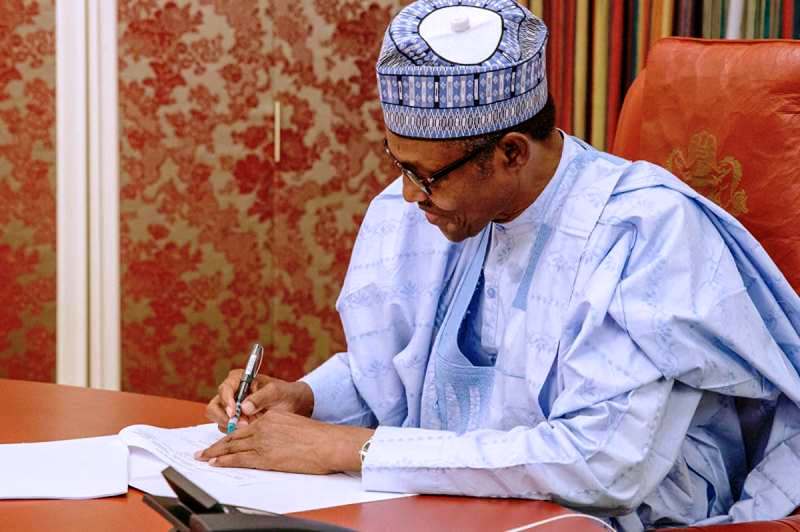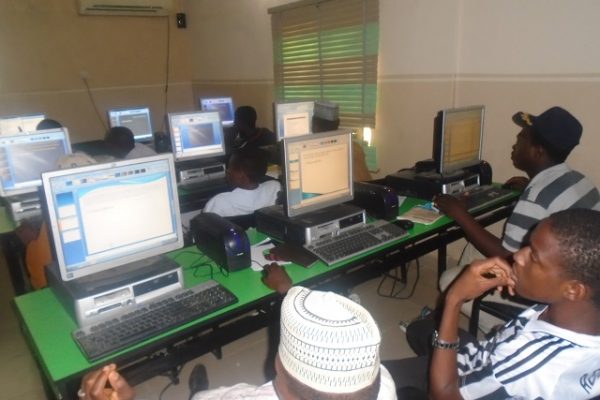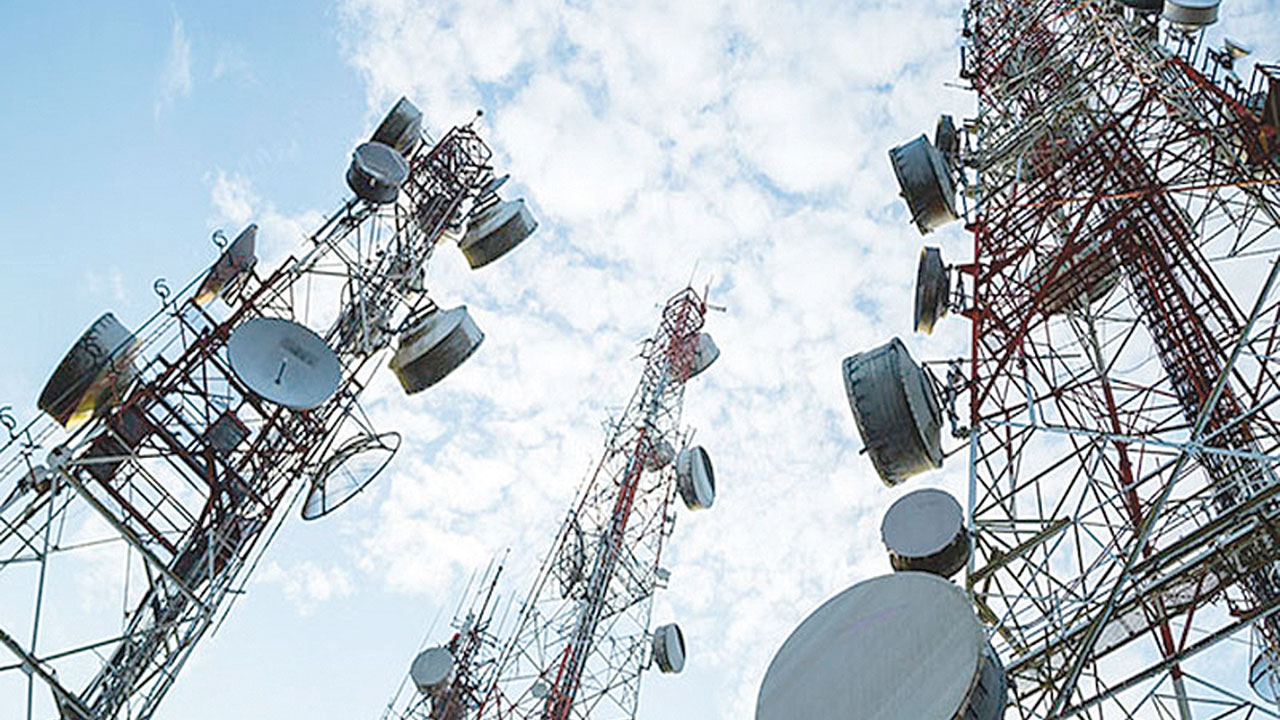The federal government has designed a new broadband plan for Nigerians to start enjoying Internet speed of minimum 25 Mbps in urban areas and 10 Mbps in rural areas, with effective coverage available to at least 90% of the population at a price not more than N390 per 1 GB of data.
TheNewsGuru.com (TNG) reports a committee known as the Broadband Implementation Steering Committee to achieve this aim was inaugurated on Thursday by Dr Isa Ali Pantami, the Minister of Communications and Digital Economy.
The Internet speed of 25 Mbps in the country means that Nigerians can have Internet fast enough to stream 4k videos without any buffering, about 15 people could happily watch a different Netflix film, and a company employing 40 people would not complain about the internet speed.
The Broadband Implementation Steering Committee is expected to monitor the implementation of the Nigerian National Broadband Plan (2020-2025) which was unveiled and launched by President Muhammadu Buhari in 2019.
According to the Minister of Communications and Digital Economy, in order to achieve the target, the broadband plan focused on recommendations in 4 critical pillars: infrastructure, policy/spectrum, demand drivers and funding/incentives.
“The plan targets the deployment of nationwide fibre coverage to reach all State capitals, and a point of presence in at least 90% of Local Government Headquarters. It also targets tertiary educational institutions, major hospitals in each State and 60% of base stations by 2025 at statutory rates of N145/meter for Right of Way (RoW).
“Our engagement with the Nigeria Governors’ Forum has inspired several state governments to adopt the N145/meter and a few of these States have even waived the fee altogether. His Excellency, President Buhari, GCFR also directed the security agencies to protect all Critical National Infrastructure,” Pantami stated.
The Minister highlighted a report by Ericsson titled “How Important Are Mobile Broadband Networks for Global Economic Development”, stressing that 10% increase in mobile broadband penetration results in approximately 0.6% to 2.8% rise in gross domestic product (GDP).
He stated that broadband supports the development of the digital economy and that a focus on growing the national digital economy will also improve the nation’s traditional economy.
According to the National Bureau of Statistics (NBS), the contribution of ICT to the Gross Domestic Product of Nigeria was 14.07% in the 1st Quarter of 2020; this Pantami said was unprecedented and that it reflects how much of an impact technology, including broadband, can have on the economy, if channelled properly.
“The growth that results from affordable and reliable broadband will enable us get a slice of the Global Digital Economy, which Oxford Economics values at $11.5 trillion dollars or approximately 16% of the Global Economy. This value is expected to grow significantly over the coming years.
“The World Economic Forum predicts that over 60% of global GDP will be digitized by 2022 and that over the next decade, digital platforms will be used to create close to 70% of new value. Most nations are prioritizing the need to develop their digital economies because they realize the multiplier effect that this can have on all other sectors of the economy.
“For instance, according to a 2018 Report by the Bureau of Economic Analysis (BEA) on “Defining and Measuring the Digital Economy”, the digital economy in the United States contributed 6.9% to the nation’s GDP in 2017. It also contributed 5.1million jobs in that year. The 2019 Digital Trade and U.S. Trade Policy also noted that almost two-thirds of all the jobs created in the United States since 2010 required medium or advanced levels of digital skills. In Nigeria, we are keen to develop a digital economy that will have a great impact on every sector of Nigeria’s economy.
“The new broadband plan is designed to deliver data download speeds across Nigeria of a minimum 25Mbps in urban areas, and 10Mbps in rural areas, with effective coverage available to at least 90% of the population by 2025 at a price not more than N390 per 1GB of data (2% of median income or 1% of minimum wage).
“In order to achieve these ambitious targets, the plan focused on recommendations in 4 critical pillars, namely: Infrastructure, Policy/Spectrum, Demand Drivers, Funding/Incentives,” Pantami stated.
Stressing further on the benefits of increased broadband penetration to the economy, the Minister said it impacts positively on jobs creation, sustainable economic growth and higher standard of living.
He explained: “According to the Fibre to the Home Council Europe a 25 million EUR investment in information and communications technology (including smart grid and broadband) would create or retain 700,000 jobs, of which 360,000 would be small business jobs; Socio-economic development, leading to growth in e-health, e-education, e-government, etc;
“According to the International Telecommunications Union (ITU) Broadband Series, broadband contributes to economic growth through “(1) more efficiency in business processes, (2) acceleration of innovation by introducing new consumer applications and services (e.g. new forms of commerce and financial intermediation) and (3) more efficient functional deployment of enterprises by maximizing their reach to labour pools, access to raw materials, and consumers (e.g. outsourcing of services, virtual call centres)”.



![Video of popular gospel singer kissing his ‘boyfriend’ leaks online [Video attached]](https://thenewsguru.ng/wp-content/uploads/2020/11/5fc4a6f1e2831.jpg)


